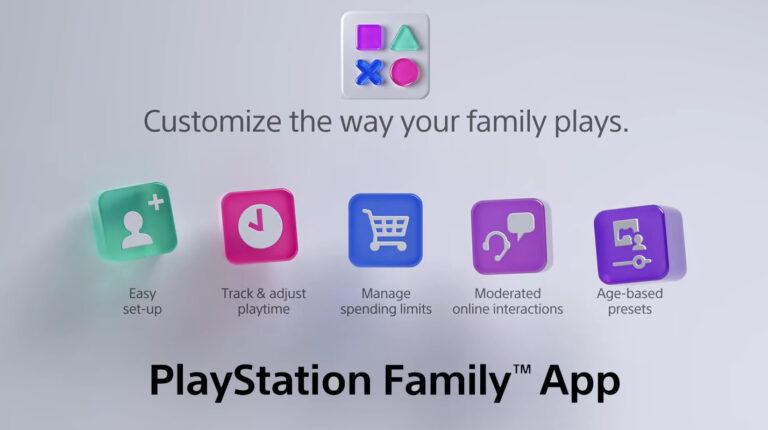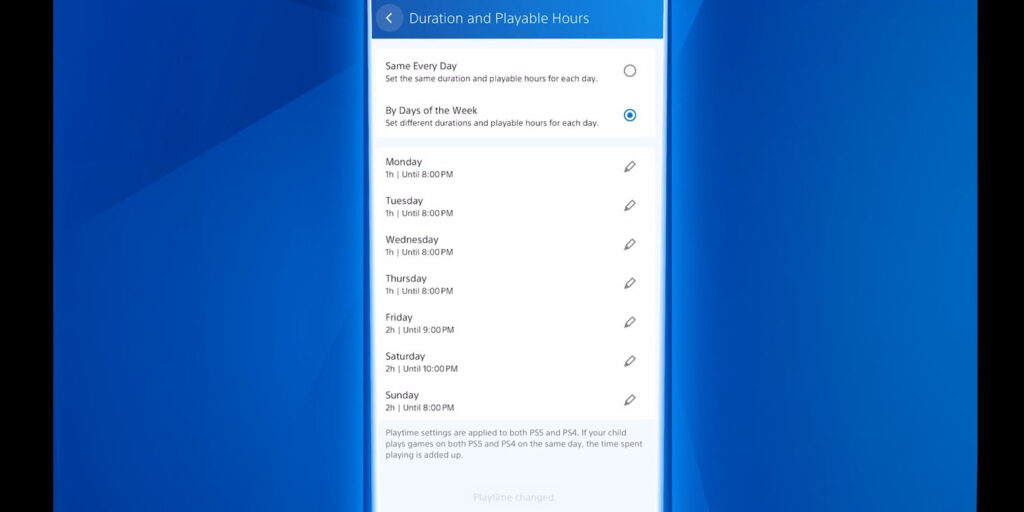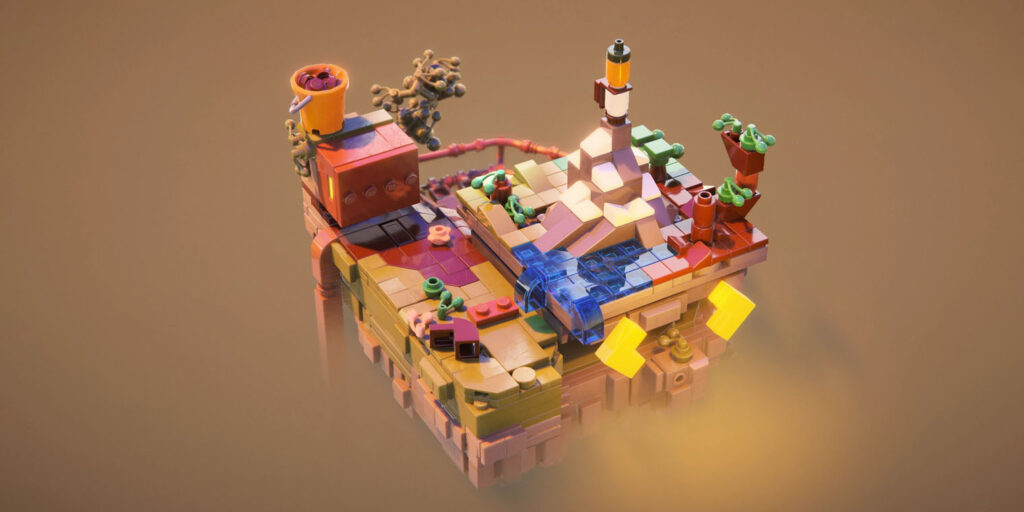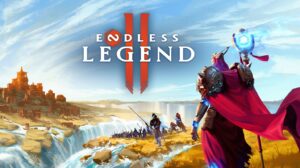PlayStation Wants to Help Parents Keep Their Kids Safe


- Sony’s new free PlayStation Family app (iOS/Android) streamlines parental controls with easy setup, schedules, and real-time alerts.
- Parents get activity reports, spending oversight, and content filters, plus the ability to approve playtime requests instantly.
- Launch follows safety concerns; research shows games can aid creativity, focus, and well-being when managed properly.
Jump to:
Pocket-Sized Parental Control
Sony has revealed a new app that takes all its existing parental controls, plus some new features, and wraps them all up into one tidy package. Called the PlayStation Family app, it’s available for free from Google Play and the App Store. It’s compatible with Android 8 or higher, and iOS version 14.
Cory Gasaway, Vice President for Product Management at Sony Interactive Entertainment, posted on the official PlayStation site with details as to what parents can expect from the app, and ways it can be used to help monitor children’s gaming activity.
“The app includes a number of new customizable features for parents to manage their children’s playtime, including an activity report, more visibility into what their children are playing, and approving extra playtime requests – all at the tap of a finger.”
Watch What They’re Doing
The PlayStation 4 and 5 both have fairly robust parental controls already, but they’re tucked away in the Family Management section of a player’s online account and they’re not very intuitive; parents need to make multiple clicks to get anywhere.
The PlayStation Family app eliminates this annoyance by implementing guided onboarding, so parents with children can easily set up a player account for them. This in turn allows for finer control over a child’s gaming activity, with settings for play duration and hours. For example, their account can only be accessed on Mondays and Wednesdays after 5pm, or unlocked every day for a two hour block, and so on.

As it’s an app, parents can get real-time notifications. This means that, if they’re not able to oversee a child’s gaming session, they’ll get pinged as to which game the child is playing, as well as have the option to approve or decline requests for extra playtime. Previously restricted game access can also be lifted via the app, as well as enabled.
Activity reports are also included, so it’s possible to track not just the time a child’s played but also which games and how much money they spent. That’s right: older kids with an allowance can get their own account balance, which parents can tailor accordingly.
Song understands that each child is different, so there’s some granular control allowed via the app, especially in terms of how content can be filtered and chosen. As Garaway puts it:
“Choose and configure age appropriate content with a tap of a button. We’ve included presets that automatically apply recommended settings for different age groups, and every setting can also be customized individually to best suit each child.”
Keeping Kids Safe And Fostering Creativity
Concerns about child safety in the video game industry are at an all-time high thanks to recent controversy surrounding Roblox and its reluctance to stop sexual predators from accessing its platform. While that company has finally started to take a step in the right direction by actually enforcing age and ID verification, the damage has already been done.
And then there’s the continued debate regarding child health and playing video games. While it’s ultimately up to a parent to decide what’s right for their child, there have been reports that link gaming with things like improved hand-eye coordination, and as a way to help train focus in children with attention issues.
UNICEF, the United Nations’ agency dedicated to providing aid to children, has a Responsible Innovation in Technology for Children (RITEC) project on the go, with two reports so far, for 2022 and 2024. The project is being run in conjunction with the LEGO Group and researchers from New York University, the University of Sheffield in the UK, and the Queensland University of Technology in Australia, and looks at how video games impact children.

“The research found something remarkable: digital games can indeed contribute to the well-being of children,” UNICEF said on the project page. “They can allow children to experience a sense of control, to have freedom of choice, to experience mastery and feelings of achievement.”
“Digital games can support children in experiencing and regulating emotions and help them feel connected to others and manage those social connections. Children can imagine different possibilities, act on original ideas, make things, and explore, construct and express facets of themselves and others.”
Things like tighter parental controls can help children get directed benefits from playing video games, but the most recent RITEC report also highlights that it’s up to developers to take children into consideration when designing games.
“Broadly, we found evidence that creativity in particular was closely related to other aspects of well-being, especially autonomy, agency and choice; potentially, these are enablers for children to engage creatively with games. Similarly, games that are designed in ways that allow children to express their creativity may be more likely to provide a sense of autonomy.”


















